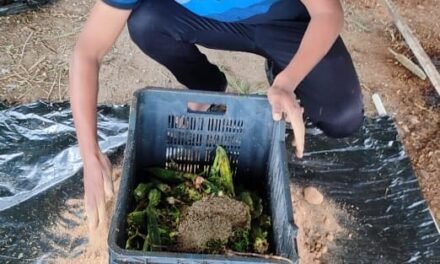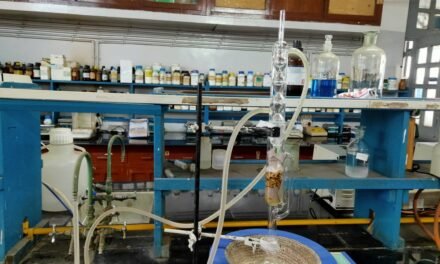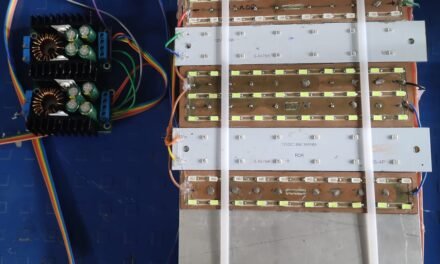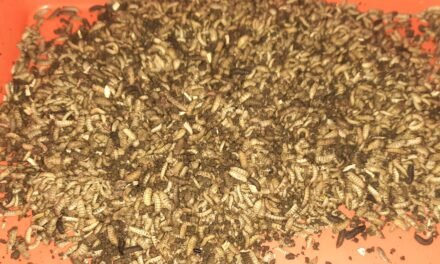MARKET VALIDATION
Before converting a solution into a fully-fledged business one must ensure that it is not the solution looking for a problem but actually solving the problem, for this market validation is needed.
First let’s understand the problem i.e ‘ waste’ Due to rapid urbanization, economic growth, and higher rates of urban consumption, India is among the world’s top 10 countries generating municipal solid waste (MSW). As per the research conducted by The Energy and Resources Institute (TERI) India generates around 62 million tons (MT) of waste per year. Out of this 62 MT waste only 43 MT gets collected, now only 12 MT waste is treated while the remaining 31 MT of 43 MT is simply dumped into landfills. Landfills also require large areas of land, leading to the landfills, once considered a practical solution for waste management, present significant environmental and social challenges. The primary issue with landfills is their potential for leachate generation, where harmful liquids formed by decomposing waste seep into the soil and groundwater. This leachate can contain toxic chemicals and heavy metals, contaminating water supplies and harming aquatic ecosystems. Another major problem is the emission of greenhouse gases, particularly Methane is a potent greenhouse gas, significantly more effective at trapping heat in the atmosphere compared to carbon dioxide. The release of methane contributes to global warming and climate change, exacerbating the impacts on weather patterns, sea levels, and biodiversity. This can disrupt local ecosystems, endanger wildlife, and reduce biodiversity. The physical presence of landfills often results in unsightly and smelly conditions, which can degrade the quality of life for nearby residents and reduce property values. Moreover, landfills are not a sustainable long-term solution. As landfills fill up, the cost of managing them increases, and new sites become harder to find. This growing demand for landfill space can lead to increased transportation distances for waste, which further contributes to pollution and resource depletion. From the above paragraph, one can understand that dumping waste into landfills is not a suitable option. Waste must be segregated and treated as per their nature but in the current scenario, it seems that the government is failing to do so. To prevent the problems caused by untreated waste, it must be managed and treated properly.
The above diagram shows the composition of total waste generated. Wet waste is a major contributor to total waste. Wet waste, comprising organic materials like food scraps and garden trimmings, poses significant challenges for waste management systems. Unlike dry waste, wet waste decomposes rapidly, leading to unpleasant odors and attracting pests. When improperly handled, it can contribute to environmental issues such as methane emissions in landfills and contamination of soil and water resources. Effective management requires implementing composting practices or anaerobic digestion to convert waste into useful resources, ultimately reducing the strain on landfills and promoting sustainable waste management. Delving into innovative solutions and public awareness can enhance efforts to tackle this pressing problem. If dumping waste into landfills is not a sustainable solution then what is the innovative solution for this common problem, well BSF could be one of them. Using Black Soldier Fly (BSF) larvae for composting wet waste is highly effective due to their ability to rapidly decompose organic materials. BSF larvae can consume large quantities of food scraps and other organic waste, converting them into high-quality compost and larvae biomass. This process accelerates waste breakdown, reduces odor, and minimizes landfill use. The larvae themselves can be harvested and used as animal feed, adding further value. Implementing BSF-based composting systems can thus offer an ultimate solution for efficient waste management and sustainable resources. The Government of India has made certain rules for solid waste management which has affected the door-to-door collection of garbage. The Solid Waste Management Rules 2016 identify any entity producing more than 100 kgs of waste per day as a bulk generator including housing societies with more than 100 units or communities with an area greater than 5,000 square meters. These entities must process, treat, and dispose of their biodegradable waste within their own premises through composting or bio-mechanization. This process of in-site composting minimizes the transportation costs and environmental impacts of moving organic waste. This would not only affect food processing companies but also huge society complexes. They all need sustainable solutions for getting waste treated.
Conclusion: Wet waste is a major contributor to total waste generated, it contributes around 46 %. To handle this wet waste an innovative solution is needed. Black Soldier Fly could solve this problem as their larvae feed on wet waste.





